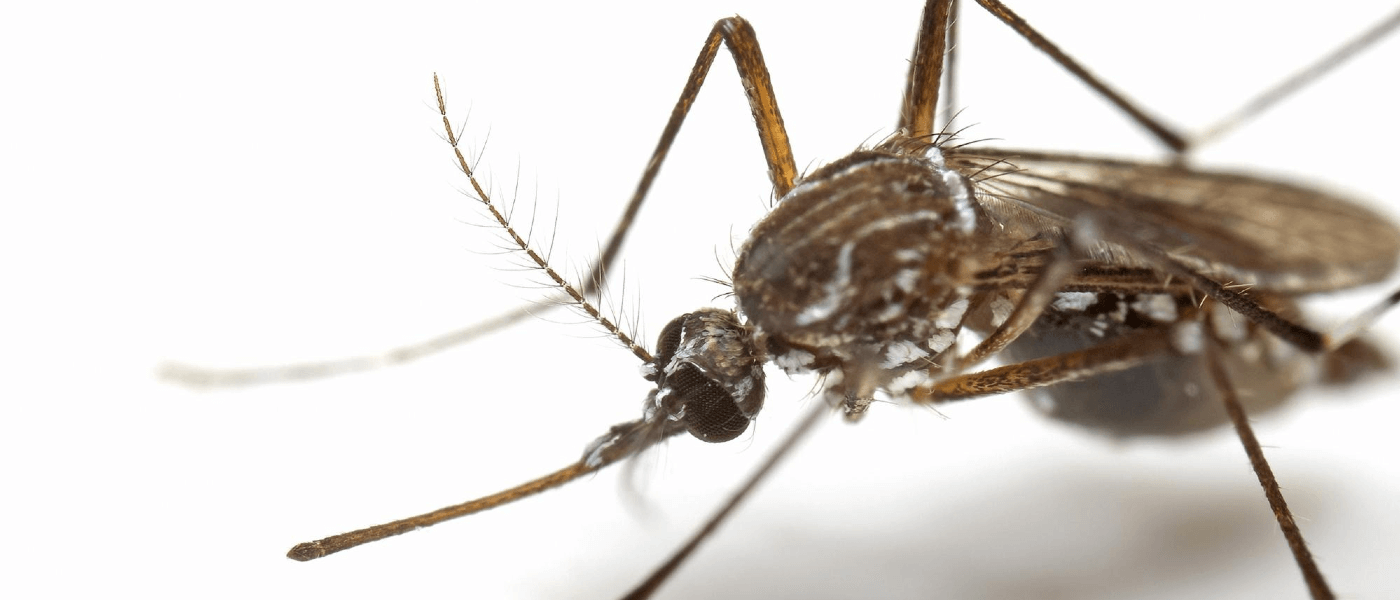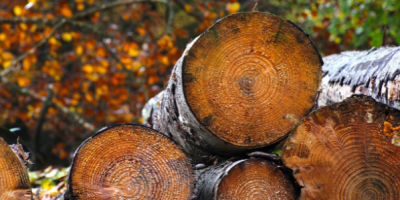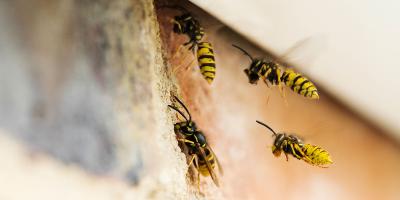Finding Mosquitoes in the Winter? Here’s Why.

Mosquitoes and summertime go together like lemonade and ice, but come fall and winter, we expect we won’t have to deal with the dive-bombing blood raiders. And yet, every so often, when the temperatures plunge, we encounter a buzzing mosquito, especially on farms and in horse barns. What gives?
Perhaps, more importantly, what DIY strategies should you follow throughout the spring and fall to get ahead of mosquito populations year-round?
Shelter from the {Winter} Storm...
The buildings that protect your horses, cattle, and other livestock in winter are also perfect places for mosquitoes to hide away from the cold. Females in some mosquito species, like the northern house mosquito or Culex pipiens L., spend the winter as adults in a state called “diapause,” which is similar to hibernation. Typically, females mate before the cold comes, then refuse any more blood meals and survive only on sugar.
They make it through the cold season off of their fat stores and their ovaries pause production so that their eggs don’t mature. Once the weather warms, they find their blood meal and lay the eggs they’ve held over the winter to produce the next generation.
From around September until April, these female mosquitoes hide out in barns, basements, attics and any other places where they can find shelter from the wind. That’s why farm buildings are among their favorite digs.
Other species of mosquito lay hardy eggs that are able to survive the extreme cold. They lay them in moist areas, even allowing the eggs to be trapped in ice, as the freezing temperature will not kill the embryos.
Yet another species of mosquito survives the freezing temperatures in its larval stage. They can survive being frozen and encased in ice for the winter to emerge later in the spring.
Help for Your Horses
If you have mosquitoes overwintering with your horses in the barn, you can use a permethrin- or pyrethroid-based insect repellent on the horses, but don’t use anything besides DEET or picaridin on yourself. Permethrin and pyrethroid may be used on your clothing but not your skin.
There are several things you can do to keep mosquito populations down and away from yourself and your livestock. First, eliminate standing water. Keep grass mowed and remove or compost manure as quickly as possible. If you turn your horses out at night, take the time to treat their ears with SWAT, give their legs a good spray with insect repellent and help protect their ears by securing a face mask snugly over their face. On particularly buggy nights, adding a mosquito blanket is always a good idea.
Since you want to minimize the number of mosquito bites they come home with, spray permethrin insecticides on the grass around your property periodically to help control existing mosquito populations. You can also spray any crevices around specific problem sheds or barns. Establish good drainage around all outbuildings, water tanks and parking areas.
Be sure to keep your gutters clean -- a clogged gutter is a favorite spot for mosquitoes to breed. Water tanks, troughs and other standing water than can’t be eliminated may be treated with mosquito dunks, which use a bacteria called Bacillus thuringiensis israelensis to kill mosquito larvae, but are safe for humans and animals.
Taking care to eliminate breeding areas and winter hiding places for mosquitoes is the key to reducing their populations during all seasons and will help you maintain a bite-free farm all year round.
You may not be seeing many now, but mosquito season is just around the corner. Luckily, we have options to help keep them off your property. Click here to learn more about these pests and how to keep your family safe this summer.



